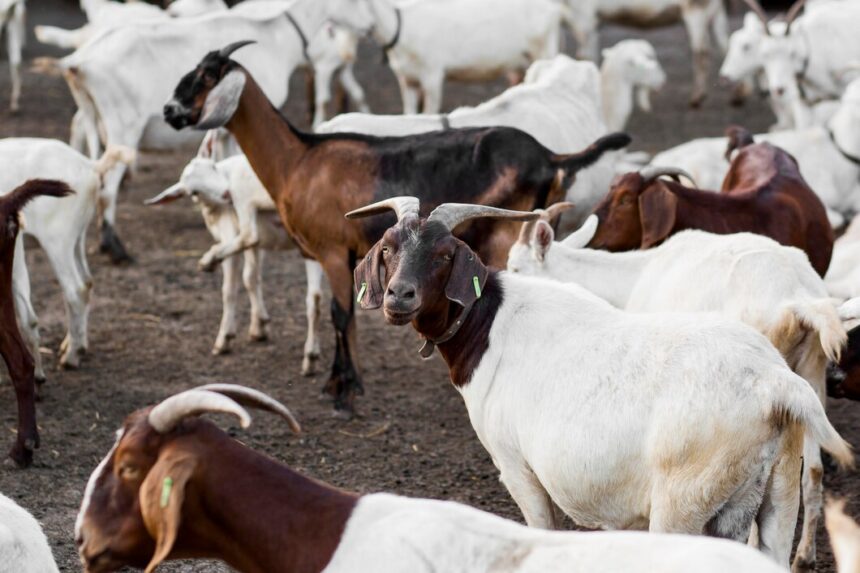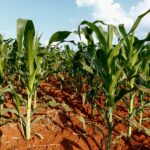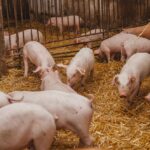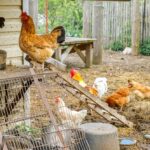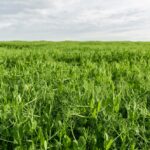In the diverse landscapes of South Africa, where agriculture is as varied as the terrain itself, goats stand out as resilient and resourceful creatures. Breeding and farming goats in South Africa present unique opportunities and challenges that can significantly contribute to sustainable farming practices. Here are 10 essential things you should know about embarking on the journey of breeding and farming goats in this captivating country.
1. Diverse Goat Breeds:
South Africa boasts a variety of goat breeds, each adapted to different climatic conditions and purposes. Popular breeds include Boer goats, Savanna goats, and Kalahari Red goats. Understanding the characteristics and traits of these breeds is crucial for successful breeding.
2. Adaptability to Different Climates:
Goats are remarkably adaptable to a range of climates, making them well-suited for the diverse environments found in South Africa. Whether in the arid regions of the Karoo or the more temperate zones, goats can thrive with proper management.
3. Versatility in Farming Systems:
Goats are versatile and can be integrated into various farming systems. From meat production to vegetation control and even dairy farming, goats offer farmers the flexibility to choose a system that aligns with their goals and resources.
4. Nutritional Considerations:
Understanding the nutritional needs of goats is paramount. South African farmers must provide balanced diets that meet the specific requirements of the chosen breed. Adequate access to grazing, supplemented with nutritious feed, ensures optimal health and productivity.
5. Fencing for Grazing Management:
Goats are natural foragers, and effective grazing management is key to preventing overgrazing and land degradation. Secure fencing is crucial to control their movement and guide their grazing patterns, promoting sustainable land use.
6. Disease Management:
South Africa, like many regions, faces challenges related to goat diseases. Farmers need to be vigilant about disease prevention and management. Regular vaccinations, parasite control, and prompt identification of health issues are essential components of successful goat farming.
7. Breeding Practices:
Successful breeding is at the heart of a thriving goat farming enterprise. Understanding the breeding cycle, selecting quality breeding stock, and implementing proper mating practices contribute to the genetic improvement of the herd.
8. Meat Production and Market Demand:
Goats are a significant source of meat in South Africa, with a growing market demand. Farmers need to align their breeding and farming practices with market trends to ensure the economic viability of their goat farming venture.
9. Community and Cultural Significance:
Goats hold cultural significance in many South African communities. They are often used in traditional ceremonies and rituals, making goat farming not just a livelihood but also a practice deeply rooted in the cultural fabric of the country.
10. Sustainability and Conservation:
Goat farming in South Africa intersects with sustainability and conservation efforts. Goats can play a role in managing invasive vegetation, contributing to biodiversity conservation while providing economic opportunities for farmers.
Breeding and farming goats in South Africa require a blend of traditional wisdom, modern practices, and a deep understanding of the country’s diverse landscapes. As stewards of these resilient creatures, South African goat farmers contribute not only to the agricultural sector but also to the preservation of cultural heritage and the sustainable management of the land. Embracing the challenges and opportunities that goat farming presents can lead to a bountiful journey on the path of sustainable and rewarding agriculture.
Join 'Farmers Mag' WhatsApp Channel
Get the latest Farming news and tips delivered straight to your WhatsApp
CLICK HERE TO JOIN
